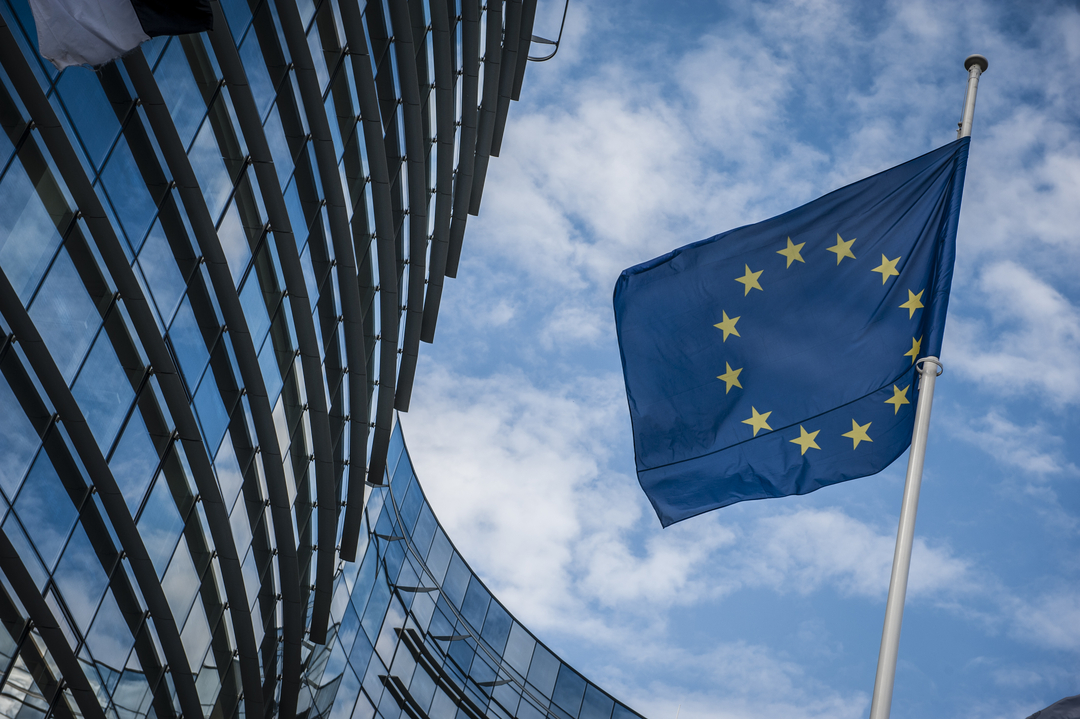|
Getting your Trinity Audio player ready...
|
Chipmaker Nvidia has filed a lawsuit against European Commission regulators for investigating its $700 million (£554m) acquisition of Israeli software company Run:ai, saying the Commission illegally went beyond restrictions on its ability probe small deals.
The case was filed with the Luxembourg-based General Court, the EU’s second-highest court, and could place further restrictions on the Commission’s control over mergers and acquisitions if it produces a ruling in favour of Nvidia.
The Commission has in recent years used a power called Article 22 to assess small deals that fall below the EU’s merger revenue threshold, arguing it is seeking to head off so-called killer acquisitions, in which a start-up is bought in order to shut it down.

‘Loosely defined’ powers
In a ruling in September of last year, the European Court of Justice, the EU’s highest court, said the Commission cannot encourage or accept referrals of deals that do not have a European aspect from national regulators that do not have the power to examine such deals under their own national laws.
Nvidia cited the ruling in its case with the General Court.
The Commission investigated the Run:ai acquisition after accepting a request from Italy to do so.
“The decision unlawfully accepted a referral request from the Italian Autorità Garante della Concorrenza (AGCM), regarding a transaction that fell below the EU Merger Regulation and member state merger control thresholds, based on the AGCM’s exercise of loosely defined, ex post, discretionary call-in powers,” Nvidia said in a filing with the court.
It argued the Commission’s decision to take up the request breached principles of institutional balance, legal certainty, proportionality and equal treatment.
AI dominance
Regulators in the EU, the US and elsewhere have expressed concern about large companies such as Nvidia dominating the emerging AI industry by buying up start-ups and consolidating their market power.
Nvidia is the dominant producer of AI chips, with about 80 percent of the market.
It completed the Run:ai acquisition in December after receiving unconditional approval from EU regulators.
Run:ai, which makes software that allows customers to orchestrate GPU clouds for AI, said it would open-source its software.




